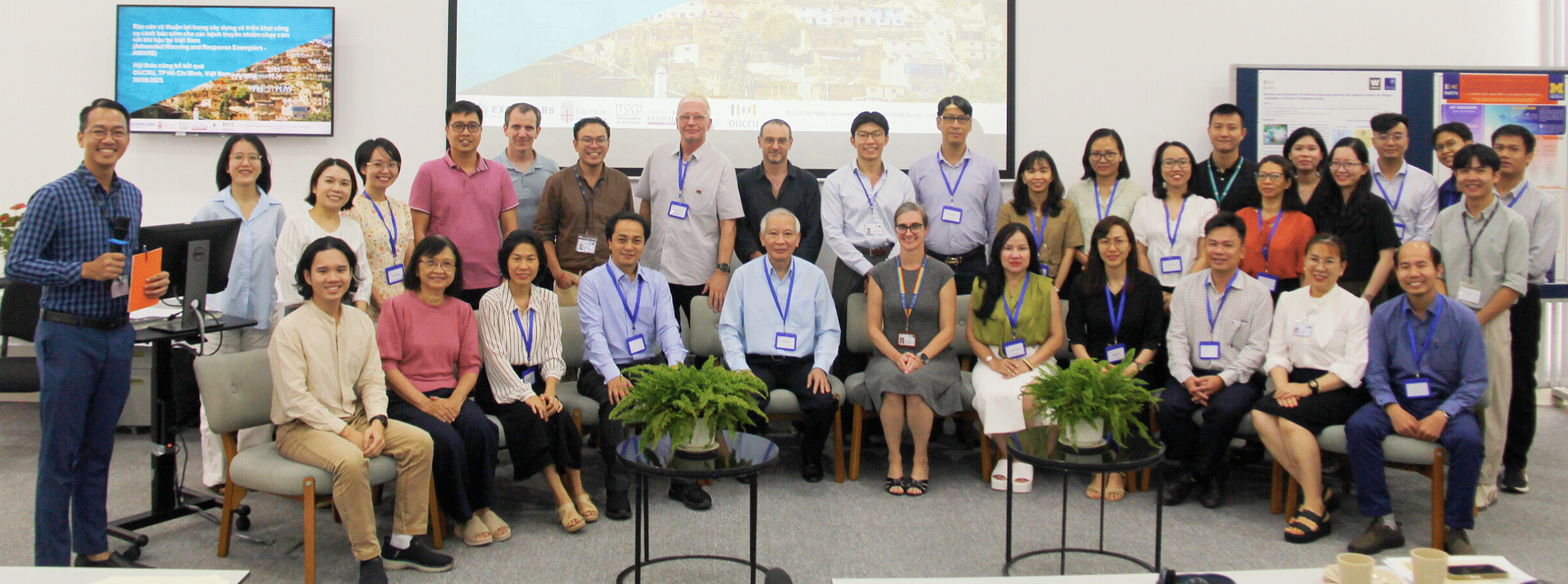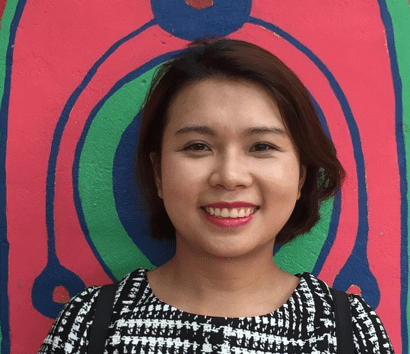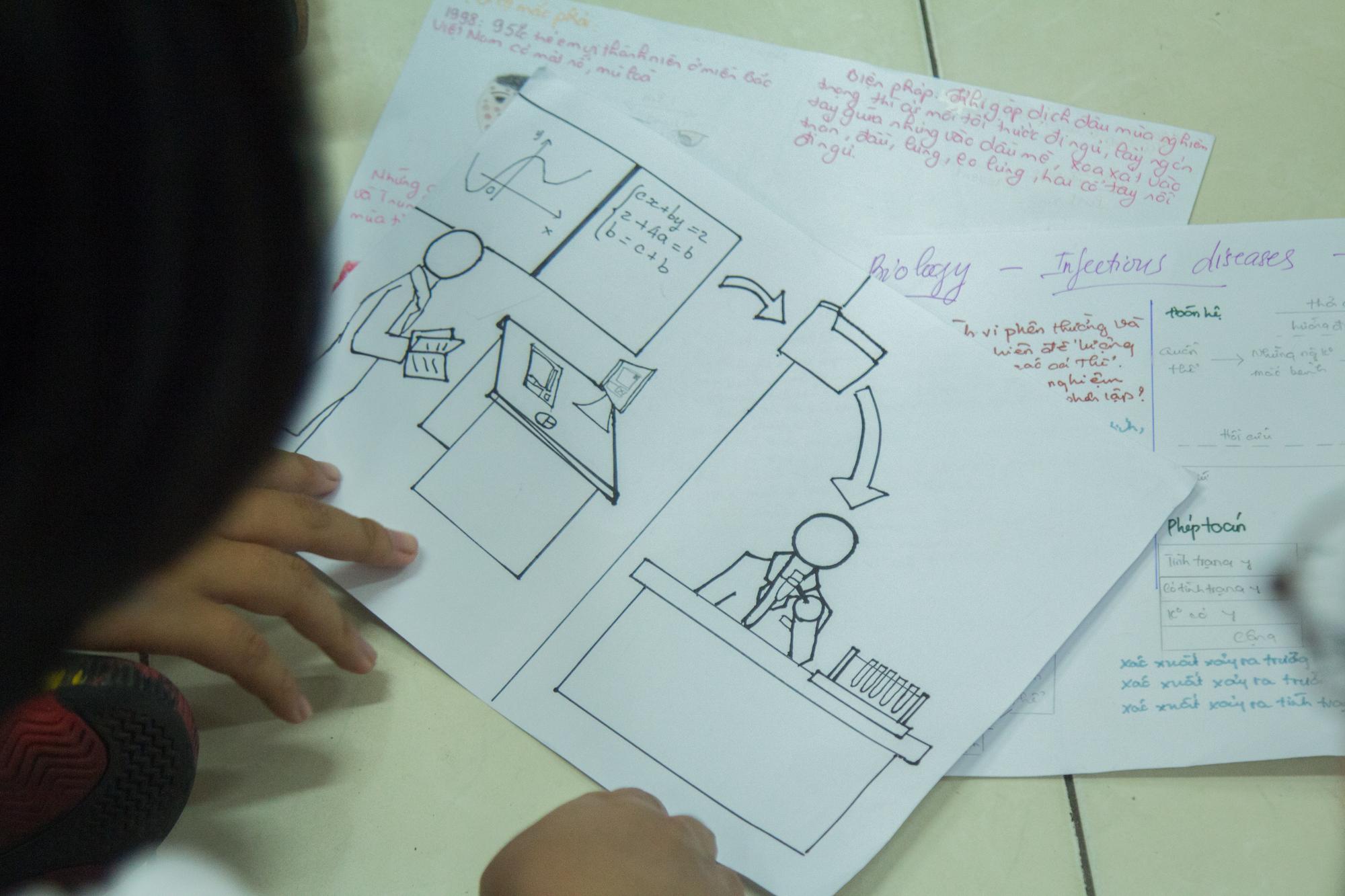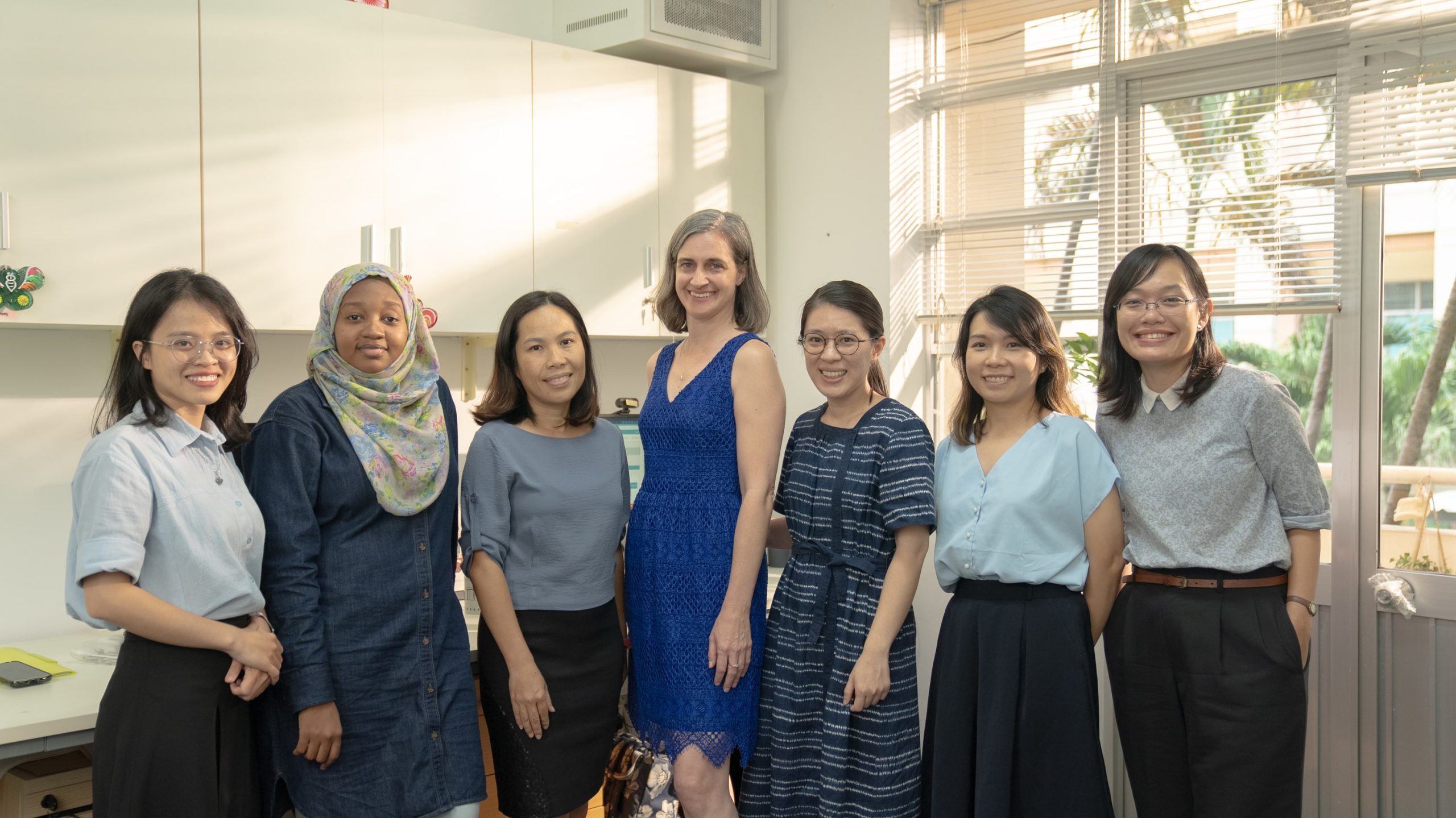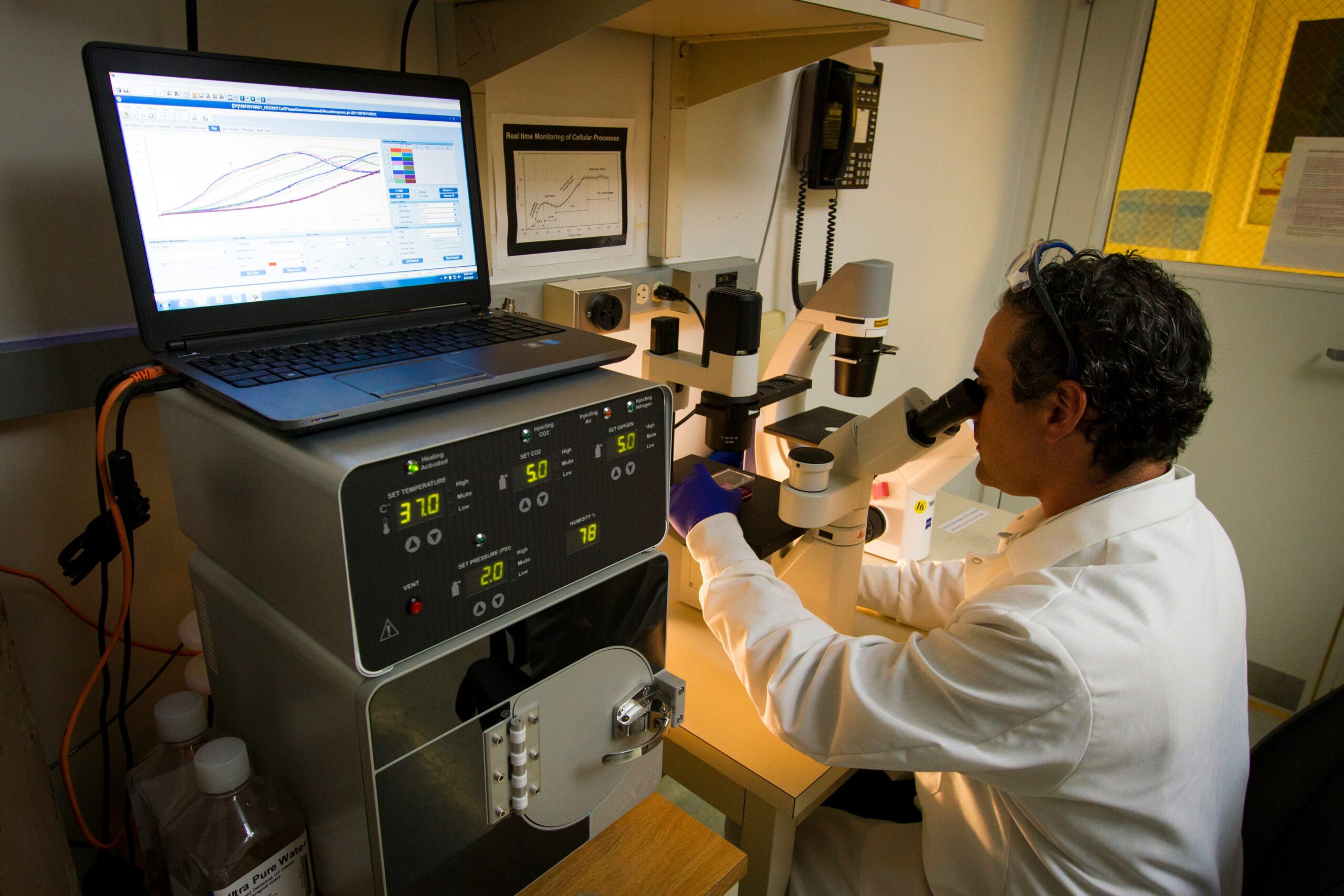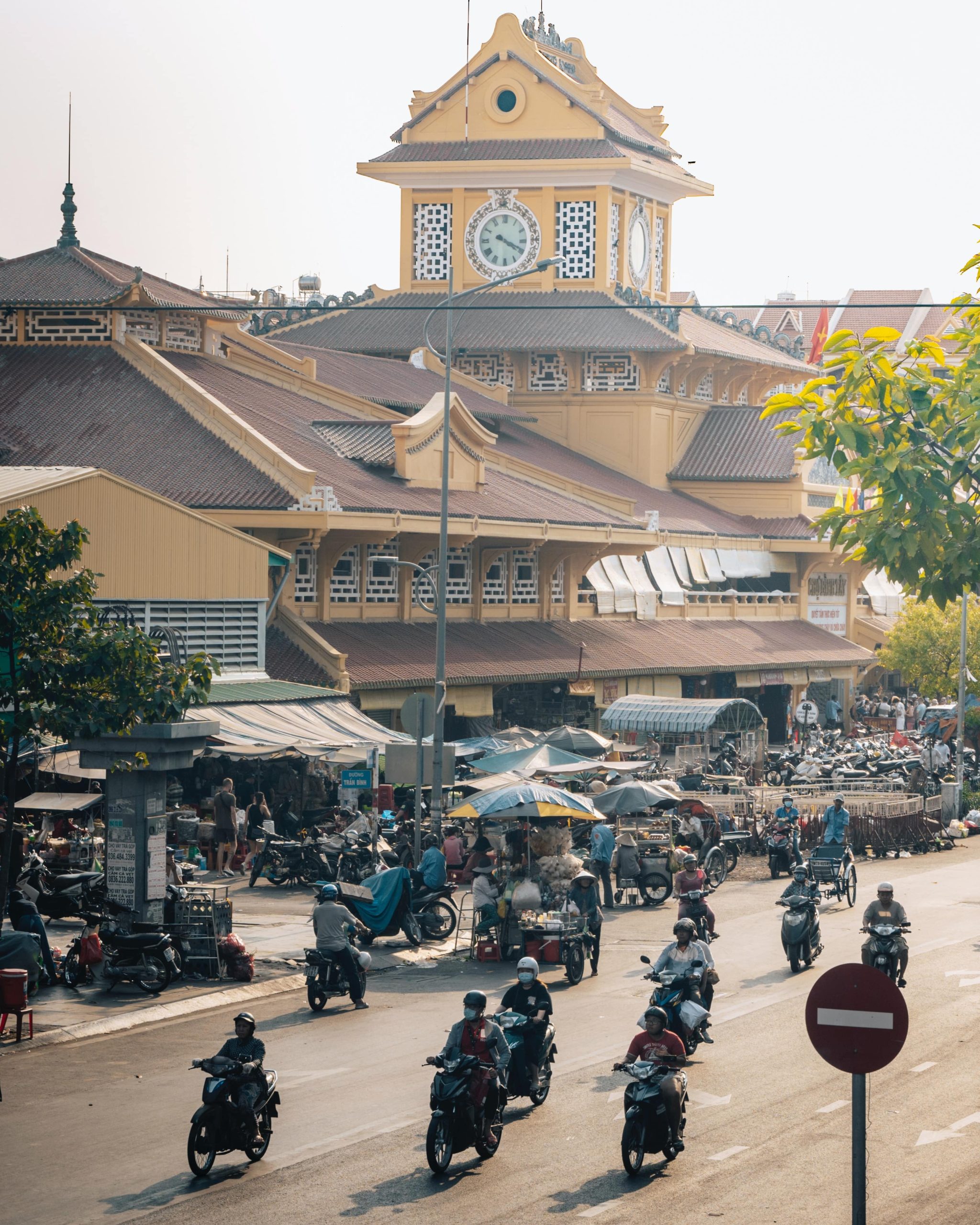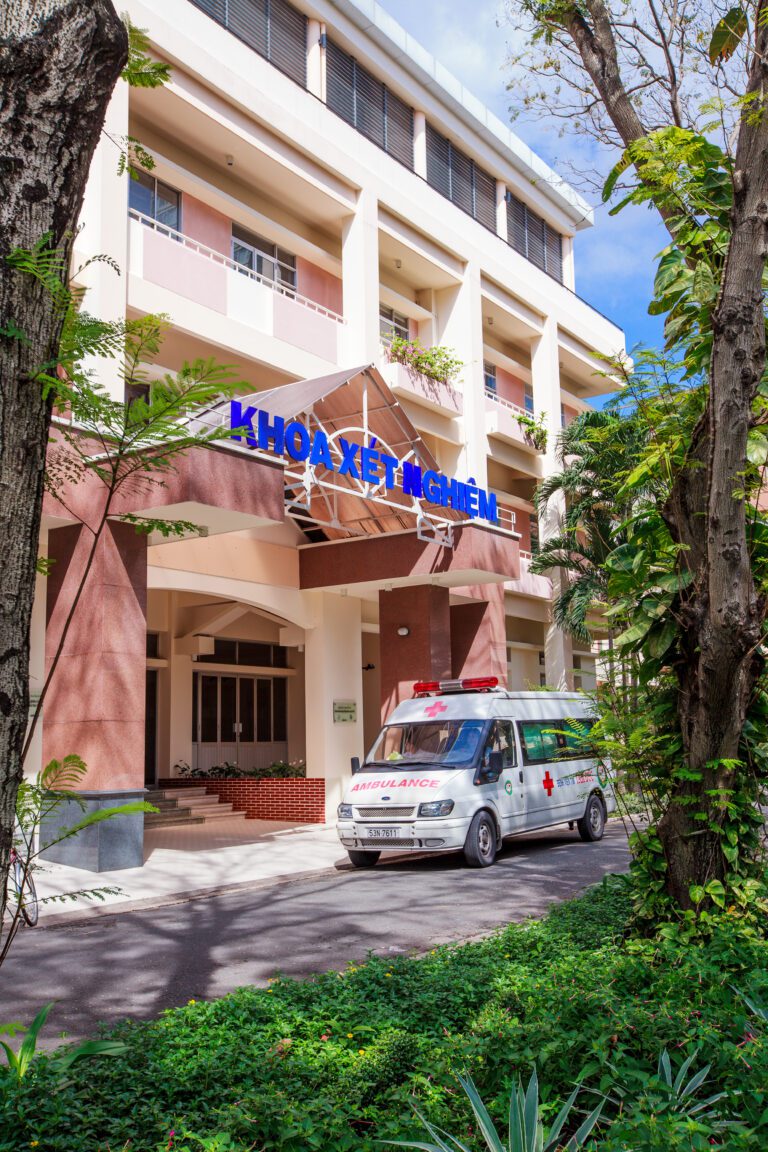Vietnam is among the countries most affected by extreme weather, which fuels the spread of infectious diseases. Prolonged heat and humidity create ideal conditions for mosquitoes to breed, driving dengue and other vector-borne illnesses. Flooding, meanwhile, increases exposure to waterborne and digestive diseases. Together, these climate-sensitive risks underline the urgent need for early warning and response systems to protect public health.
A research team at OUCRU Vietnam, led by Associate Professor Jennifer Ilo Van Nuil and Dr Marc Choisy, has been conducting in-depth qualitative research to examine how advanced warning and response (AW&R) systems can be strengthened to address dengue and other climate-sensitive infectious diseases. The study identifies barriers and facilitators for integrating early warning tools, such as OUCRU’s Dengue Advanced Readiness Tools (DART), into existing surveillance systems.
This research is part of the Advance Warning and Response Exemplars (AWARE) project, a three-year global initiative (2023–2025) led by Brown University’s Pandemic Centre and funded by the Gates Foundation, Gates Ventures, and Wellcome. OUCRU Vietnam is one of four in-country research partners, alongside Brazil, Kenya, and South Africa.
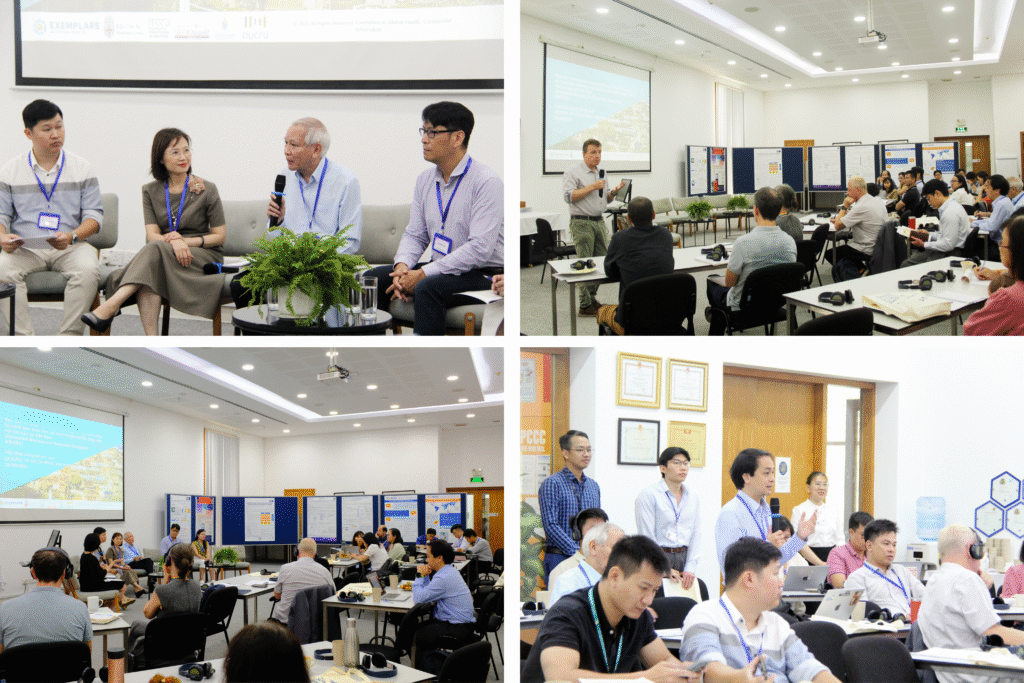
On 30 September, a dissemination workshop was organised to share the Vietnam site findings. Participants, around 30 representatives from the Department of Health, the Centres for Disease Control in Hanoi and Ho Chi Minh city, the National Institute of Hygiene and Epidemiology, Pasteur Institute Ho Chi Minh City, and leading hospitals, also discussed opportunities to improve outbreak prediction and rapid response.
As infectious diseases grow increasingly complex in the face of climate change, participants agreed that Vietnam has both the opportunity and responsibility to lead by example in advancing early warning and response systems, offering lessons with global relevance.
Prof Guy Thwaites, Director of OUCRU, underlined the importance of building on Vietnam’s strong disease surveillance system: “Many emerging infectious diseases in Vietnam are first detected here at the Hospital for Tropical Diseases in Ho Chi Minh City. Bringing together expertise and data from across the country, we can move from strong surveillance to even stronger outbreak prediction.”
Assoc Prof Jennifer Van Nuil, Principal Investigator at OUCRU, emphasised Vietnam’s international recognition: “We have spent the past year exploring the strengths and challenges of Vietnam’s response systems. Through AWARE, Vietnam is being recognised globally as a model for outbreak preparedness, thanks to the collaborative work of OUCRU’s social science, mathematical modeling, and dengue research teams, alongside our partners at HTD. This research is not only about understanding barriers, but also about identifying what works and scaling it.”
Global significance
The AWARE project was inspired by the COVID-19 response Exemplars in Global Health programme, which underscored the importance of rapid detection and coordinated responses. By examining “positive outliers” in low- and middle-income countries, AWARE aims to identify best practices and core capacities that enable effective AW&R systems.
In Vietnam, the project focuses on dengue prevention and control, a pressing challenge as climate change drives more frequent and severe outbreaks. OUCRU’s findings will contribute to evidence-based policymaking, support multi-sectoral collaboration, and strengthen the integration of predictive tools into the national infectious disease surveillance system.



